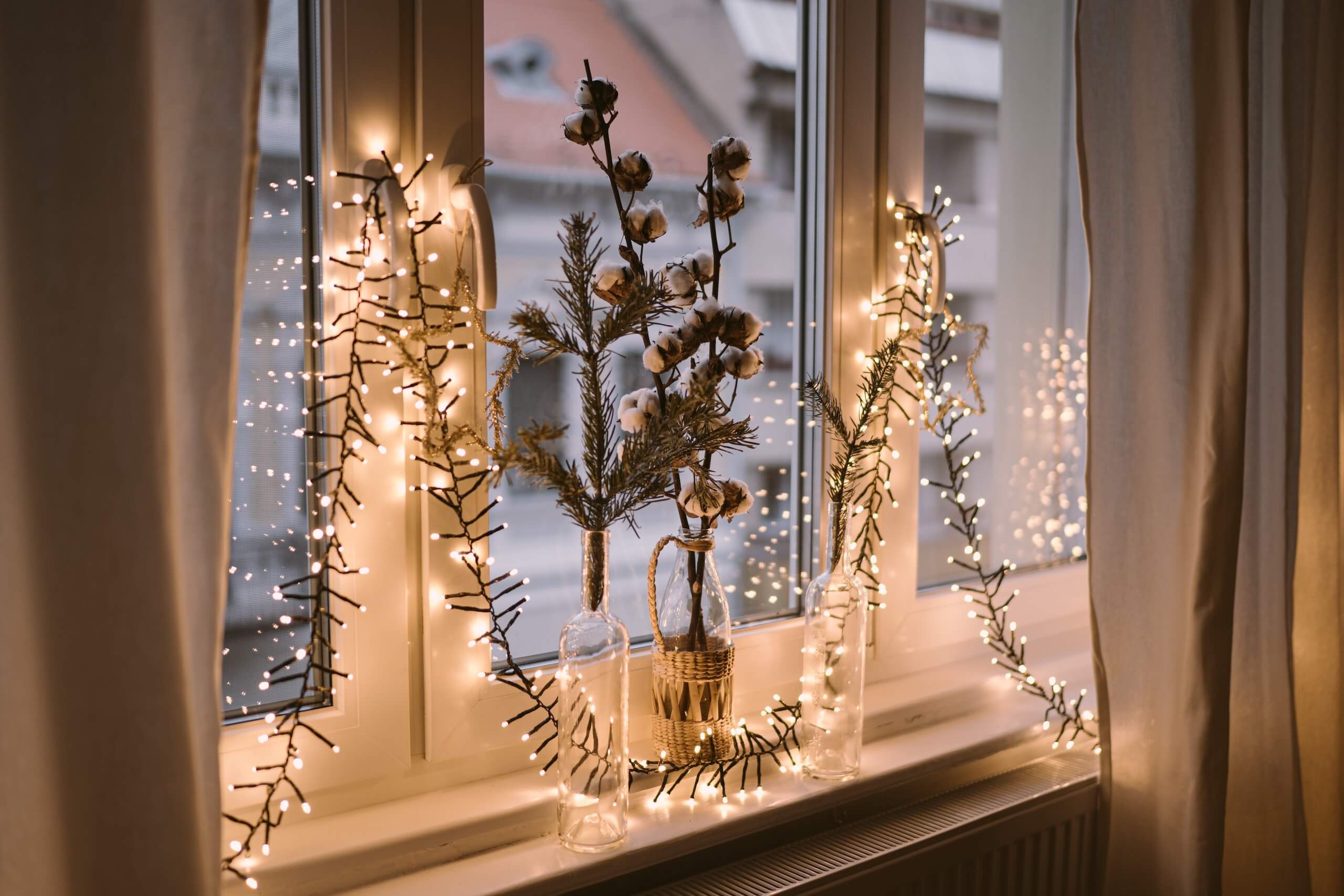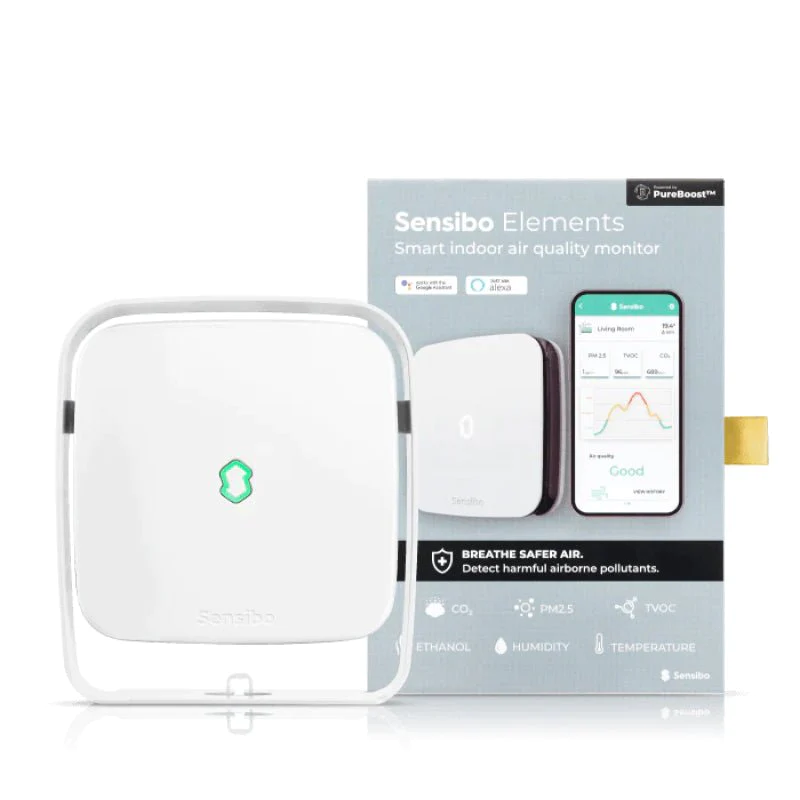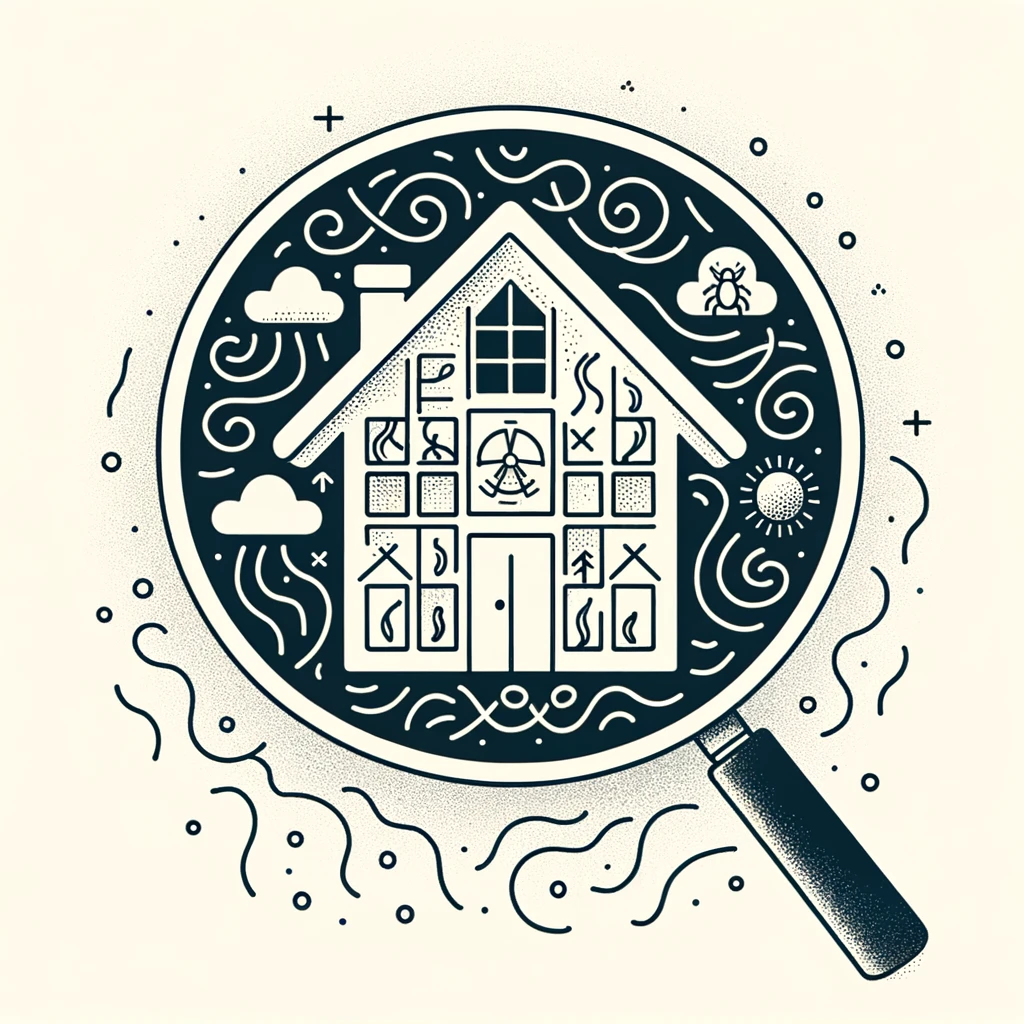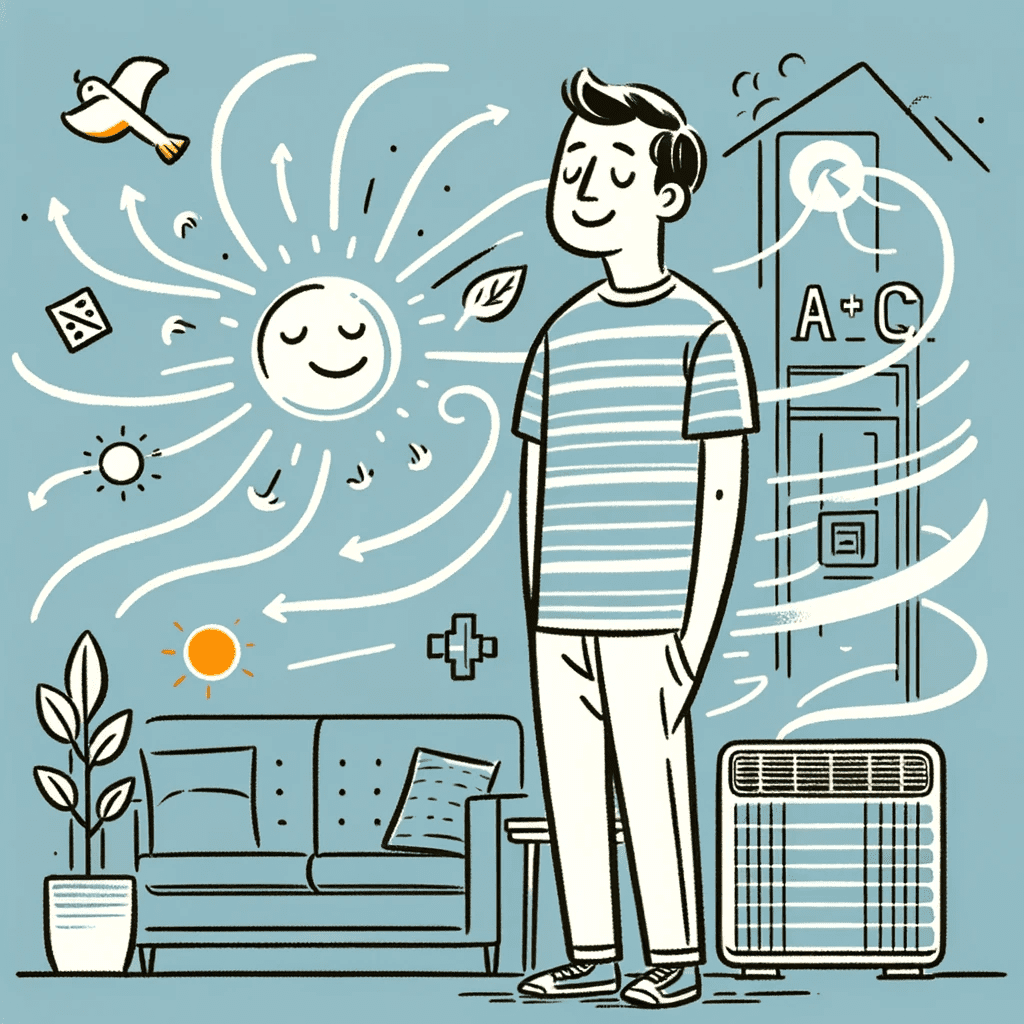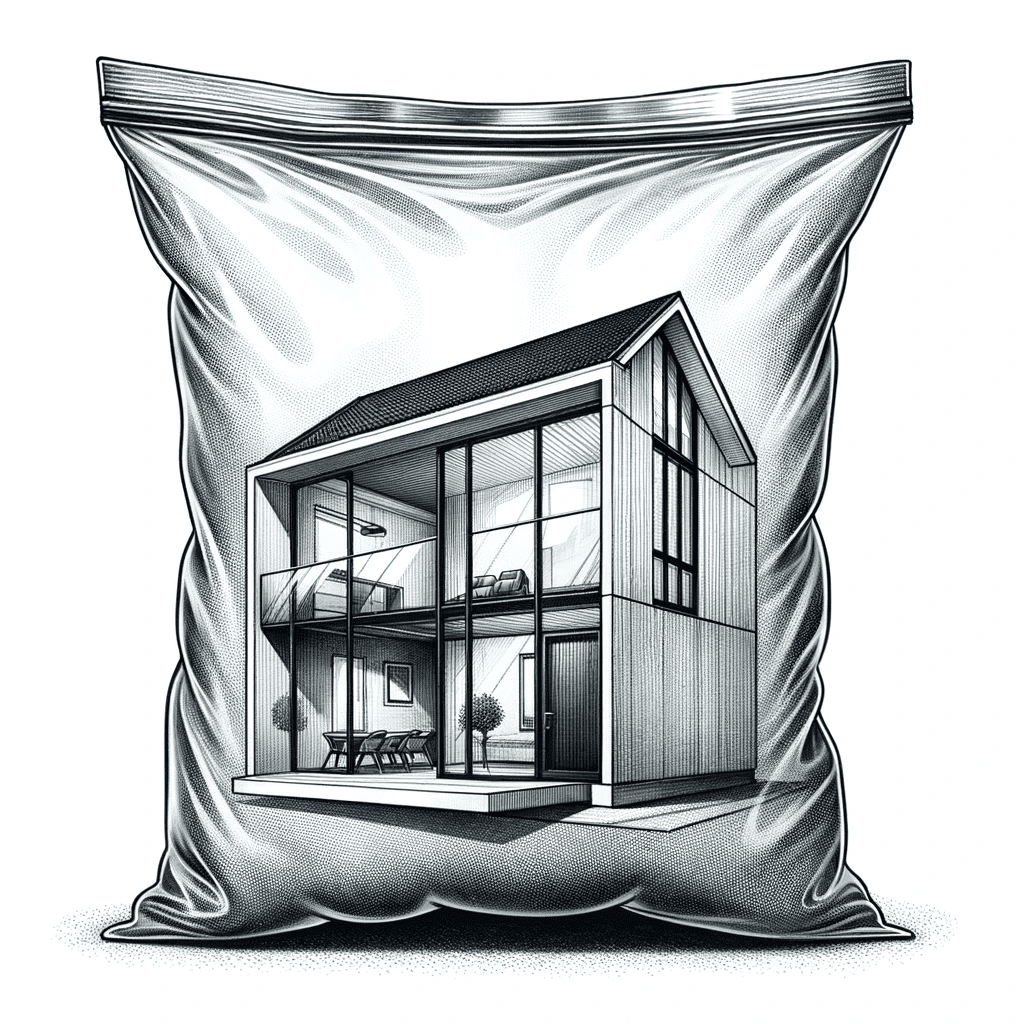Winter is coming! The winter season usually arrives somewhere between starting a holiday gift list and realizing it’s time to switch out the clothes in your closet. And while winter weather ranges across the country from consistent snowfall to severe wind storms—winter presents an important HVAC shift for all. It’s heating season! That’s why one of the most obvious (and important) winter home HVAC tips is to make sure your home system is in order before freezing temperatures arrive.
Winter Weather Preparation Is Key
Choosing to prepare your home for winter weather is the most effective and proven method for a safe winter season. Wintertime is unpredictable by nature. And winter storms on top of already cooler temperatures, wetter weather and earlier sunrises exacerbate an already weary time of year.
What you do during and after a storm or bout of severe weather will largely depend on how well you prepare beforehand. Especially considering that your home is your shelter from cold winter weather! It makes ensuring the health and maintenance of your indoor living space absolutely critical. To say the least, preparation is key.
So, to focus on visiting with loved ones and cozying up by the fire this year, choose to intervene in your home now! Here are 11 winter home HVAC tips to get you started.
11 Winter Home HVAC Tips
1. Schedule an HVAC System Inspection
Proper home heating is key all throughout winter—and particularly during a winter storm. The best way to guarantee an effective, functioning and trustworthy heating system is to opt for bi-annual system checks.
This sort of seasonal maintenance involves a reputable contractor checking the blower belt, blower motor and exhaust flue among other HVAC system parts to ensure proper wintertime home heating. A routine inspection in order to maintain heating equipment and chimneys is even one of the Red Cross’ winter storms safety checklist steps.
This home flipper also explains that the benefits of annual maintenance result in a longer overall HVAC system lifespan! He also mentions considering maintenance agreements. In short: HVAC contractors will offer yearly agreements for routine seasonal maintenance. This establishes consistent system checks and makes the task easier for homeowners.
2. Remember Heating Safety
Home heating safety is crucial from a fire hazard perspective, too. After all, according to the Federal Emergency Management Agency, home fires occur more often in the winter months. Routine HVAC maintenance and a pre-winter furnace check is an easy way to protect against winter home HVAC issues and ensuing safety concerns. Alternatively, if using a portable or space heater, make sure to turn the system off when you leave and when going to bed.
3. Check Your Home’s Insulation & Weatherstripping
Weatherstripping and insulation are key to keeping warm air indoors and blocking cold outdoor air. Inspect doors, windows and other openings to see if weatherstripping needs to be replaced. In addition, make sure to check your space for drafts, areas that are not insulated well and places where caulking needs to be redone to prevent heat from escaping.
4. Don’t Block Vents
Among our winter home HVAC tips, an important one is to make sure furniture or holiday decorations are not blocking system vents. This ensures maximum airflow throughout your home.
5. Keep Heating Sources Clear
It’s important to keep anything that can burn away from the furnace, fireplaces and other heat sources in the home.
6. Change Your Home Air Filter
It’s true—there is rarely a list that changing air filters isn’t on. But when it comes to home HVAC maintenance, it’s the easiest step out there! It’s also a simple, cost-effective IAQ solution with multiple home benefits. A clogged or dirty air filter makes the system work harder and reduces indoor air quality.
 More: Just exactly how often should you change your home air filter? And is it simply a suggestion or an actual necessity? Our guide can help you find what’s best for your space. Learn more →
More: Just exactly how often should you change your home air filter? And is it simply a suggestion or an actual necessity? Our guide can help you find what’s best for your space. Learn more →7. IAQ System Maintenance
If you’ve already invested in a whole-home IAQ solution upgrade, don’t forget about potential maintenance for system add-ons too! For example, if you have a whole-home evaporative humidifier, replace the evaporator pad before winter. Or, if you have a whole-home air purifier, ask the contractor to check if the system bulb needs replacing. These quick fixes guarantee healthy indoor air quality all winter long.
8. Consider a New Thermostat
To also save on heating costs and ensure comfortable temperature regulation, consider upgrading to a programmable thermostat.
 More: Are you looking to upgrade your thermostat, but you’re unsure of where to start? Check out this guide to the four thermostat types and how to choose the best one for your home →
More: Are you looking to upgrade your thermostat, but you’re unsure of where to start? Check out this guide to the four thermostat types and how to choose the best one for your home →9. Stay Above the Minimum Winter Indoor Temperature
A common cold season question: What should I set the temperature to during the winter? It’s not a one number kind of answer, because it depends on many factors. However, it is important to keep your home no less than 55 degrees Fahrenheit. This could be viewed as the ultimate minimum. This temperature is vital to keep pipes from freezing and causing other substantial issues. And if going away for the weekend, keep the heat on and consider this number a helpful minimum!
10. Winterize Your AC System
Winterizing the AC system means cleaning the outdoor unit. It’s important to remove any dust, debris, leaves and miscellaneous buildup from the outdoor unit. Depending on location and winter practices, you can even turn the power off and cover the system.
11. Look for Signs of Moisture
Look for areas in your home where pipes or other infrastructure might leak and cause water damage. Excess moisture can also enable biological organisms like mold and dust mites to grow and spread, worsening IAQ. Alternatively, a lack of moisture or dry air also leads to its fair share of health and home concerns. Depending on your local climate and IAQ issues, a whole-home humidifier or dehumidifier solution can help!
Wintertime HVAC Key Takeaways
The biggest takeaway: preventative system maintenance is always better than emergency repairs, risks and costs. Keep in mind that severe winter storms can cut off the power, forcing you to rely on traditional heating methods. And, colder weather means more time spent indoors and decreased air quality. All the more reason to think about your home’s HVAC system and IAQ in advance.
The good news—intervening in your home with these winter home HVAC tips provides a safer, healthier living space for you and your family all season.
